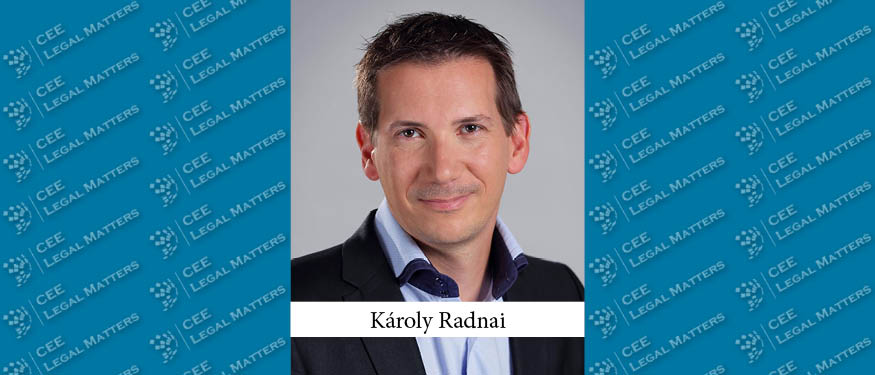Croatia's economic outlook has improved with the eurozone entry, energy market reforms, and new and exciting equity programs and legislative changes, while judiciary labor strikes have challenged the country's courts, according to Marohnic, Tomek & Gjoic Partner Tena Tomek.
“Recently, we've seen a significant boost in Croatia's economic outlook,” Tomek begins. “The rating agencies have upgraded our overall outlook from stable to positive, marking the highest investment rating so far. Much of this positive shift can be attributed to Croatia's entry into the eurozone and Schengen Area at the beginning of 2023, which has had a positive effect on our economy,” she explains.
Apart from entering the eurozone, Croatia's quick recovery from the pandemic and addressing the energy crisis have been crucial for the overall improvement of the Adriatic country’s economic status. “Our energy market is now very active, and we've witnessed a surge in regulatory activities,” Tomek continues. “Croatia is aligning with global trends, transitioning from traditional oil and gas to electricity, with a particular emphasis on renewable energy sources. Solar energy has become a major focus, whereas wind energy and biomass held the spotlight earlier,” she reports. In terms of regulations, the Croatian energy market underwent “significant structural changes in 2021 with the introduction of the new Electricity Market Act. Subsequently, in July 2023, Croatia finally adopted long-awaited necessary subordinated acts, providing a regulatory framework necessary for further development of energy projects,” Tomek adds.
Another notable legislative trend currently taking shape in Croatia relates to the legislative framework for agro-solar projects. “These new regulations aim to facilitate the development of agricultural solar plants, benefiting both the energy and agriculture sectors. Additionally, due to the energy market's dynamics and high prices, we've observed a shift towards corporate Power Purchase Agreements,” Tomek says. “This trend signifies a move towards more market-based energy transactions.”
On the other hand, Croatia has also seen labor strikes in the judicial sector recently. “Indeed, we faced a substantial labor strike involving all civil servants and employees in the judiciary,” Tomek outlines. “This strike paralyzed our courts for two months. Ultimately, after extensive negotiations with the government, union members accepted the government's offer, which included a significant 12% pay raise. The strike was a testament to the pressing need for improvements in the judicial system's efficiency and the welfare of its workers,” she says.
Moreover, to improve efficiency and expedite dispute resolution, “two new pieces of legislation have been introduced,” Tomek continues. “The first is the Act on Non-Litigious Civil Procedure, a long-awaited development that aims to streamline non-litigious legal procedures. Additionally, measures have been implemented to encourage amicable dispute resolution, reducing the burden on the courts.” According to her, these include “mandatory mediation before proceeding to court procedure for damages compensation. Both initiatives are designed to enhance efficiency and accessibility to justice.”
Finally, Tomek points to interesting developments in the sphere of private equity and venture capital in Croatia. “This autumn, we've witnessed the launch of two significant programs in collaboration with the European Investment Fund. The first program, in partnership with the Croatian Bank for Reconstruction and Development, involves a EUR 52 million investment program focused on SMEs in Croatia. It also aims to bolster local private equity markets while prioritizing sustainability and the green transition,” she explains. “The second program, a collaboration of the EIF and the Croatian Ministry of Regional Development and EU Funds, is an EUR 80 million initiative to support Croatian start-ups and develop the local venture capital scene. With interest rates on the rise, these programs provide alternative sources of financing for SMEs and start-ups in Croatia,” Tomek concludes.

















